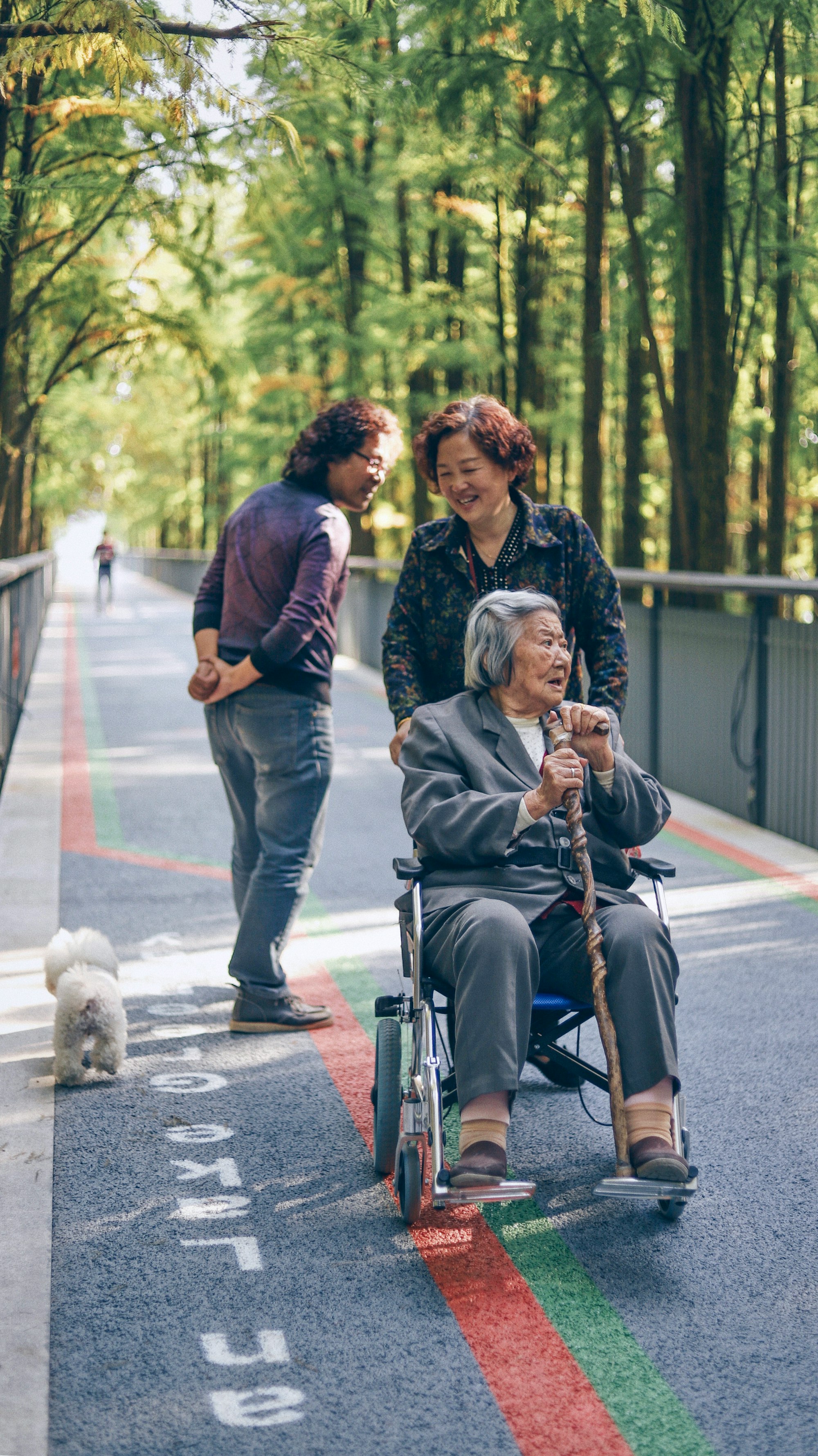Going It Alone: Navigating Caregiver Duties Without Family Support
Discover the reasons why some caregivers feel abandoned by their family and learn tips on how to overcome the emotional and physical burdens of caring for a loved one alone. Resources available to support caregivers and ways to communicate with family members about sharing responsibilities.

In the realm of caregiving, the burdens often fall upon one family member's shoulders, leaving them to feel like they are going it alone. While there can be various reasons for this isolation, it is essential to understand that there is support available, even when family members are physically distant. In this article, we explore the challenges faced by those who perceive themselves as lone caregivers and offer tips for overcoming these challenges.
The Solitary Caregiver: Why Does it Happen? The image of a lone caregiver taking on the responsibility of an older relative is all too common. It begs the question: Why does this happen? There are multiple factors at play, and no single answer fits every situation.
- Lack of Family Support: In some cases, the primary caregiver may indeed be the sole family member available for the caregiving role. They lack family support due to geographical or other constraints.
- Accessing Outside Help: External assistance is available through local care centers, specialist groups, and organizations like the Alzheimer’s Association, MS Society, Parkinson’s Association, and the Stroke Association. It's essential to consult with your doctor or the care recipient's physician for guidance. Online resources and support groups can also provide valuable information and local connections.
Understanding the Isolation and Challenges: Many caregivers who perceive themselves as going it alone experience feelings of isolation and abandonment. However, it's crucial to recognize that no one should ever feel guilty about embarking on a caregiving journey solo. Geographical limitations can play a significant role, but with modern technology, maintaining connections across distances is more accessible than ever.
The Role of Family Dynamics: In other instances, family members who live nearby may allow one person to shoulder the entire caregiving burden. Family dynamics often contribute to this scenario, as old resentments and unresolved issues resurface.
Breaking Down Barriers and Fostering Support: When caring for an elderly parent or grandparent, it's essential to put aside past issues and grievances, no matter how challenging it may seem. To illustrate, consider this scenario:
Imagine you are a parent to three grown children. They have left home to start their own families. Everything is harmonious until you fall ill, whether it's a temporary ailment or a long-term condition like dementia or a physical disability. Some families share the caregiving responsibility evenly, but more often than not, one family member carries the entire load, even giving up their job or career.
The Reciprocal Nature of Care: If you found yourself in this situation, you would naturally expect your family to support you during your time of need. While not everyone can provide round-the-clock care, you would hope for their presence and regular assistance. After all, you've always been there for them.
A Challenge Arises: However, what happens when you, the caregiver, become ill or incapacitated? In such a scenario, you would expect your family to step in and offer help. If only one child or family member takes on the responsibility, you would undoubtedly have questions and wonder why the others are not involved.
Overcoming Challenges: Tips for Family Caregivers: To address these caregiving challenges and foster a more equitable distribution of responsibilities, here are some tips:
- Early Conversations: Initiate conversations about future care early on, involving all family members and sharing your caregiving wishes.
- Direct Communication: If one family member appears to be taking on the entire burden, engage in direct conversations with others to understand their limitations.
- Resolution and Forgiveness: Put aside past grievances and resentments for the sake of your loved one's well-being.
- Gather the Family: Encourage family members to spend time together now rather than later, fostering a sense of unity.
- Consider Co-Living: If necessary, consider moving in with a child or having them move in with you; don't feel guilty, and ensure they understand it's in everyone's best interest.
- Open Dialogue: Always encourage open dialogue and listen to everyone's perspectives. Reference your earlier conversations about caregiving.
Conclusion: While the scenario of a sole caregiver is not the norm, it is not uncommon. When family members live close by, it is essential to allocate time and effort to support your loved ones, especially when one caregiver shoulders the entire burden. The caregiving journey is a shared responsibility, and going it alone should never be the only option.
Is a Family Caregiver Contract Necessary
Our Resources section can help you find the information and tools that you need. We have courses, videos, checklists, guidebooks, cheat sheets, how-to guides and more.
You can get started by clicking on the link below. We know that taking care of a loved one is hard work, but with our help you can get the support that you need.
Click here to go to Resources Section now!
You might also like this article:











